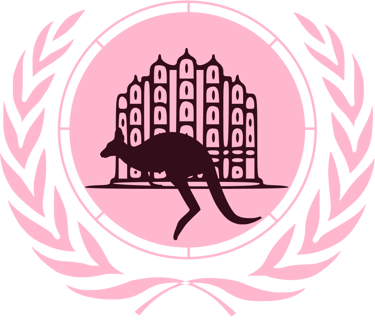
United Nations Security Council


Agenda:
Reforms in UN Structure
The United Nations Charter established six main organs of the United Nations, including the Security Council. It gives primary responsibility for maintaining international peace and security to the Security Council, which may meet whenever peace is threatened. The UNSC was founded on October 24, 1945. All members of the United Nations agree to accept and carry out the decisions of the Security Council. While other organs of the United Nations make recommendations to member states, only the Security Council has the power to make decisions that member states are then obligated to implement under the Charter.
The Security Council originally consisted of 11 members—five permanent members and six nonpermanent members elected by the UN General Assembly for two-year terms. An amendment to the UN Charter in 1965 increased council membership to 15, including the original five permanent members and 10 non-permanent members.
The creators of the United Nations Charter conceived that five countries, — China, France, the Union of Soviet Socialist Republics (USSR) [which was succeeded in 1990 by the Russian Federation], the United Kingdom and the United States — because of their key roles in the establishment of the United Nations, would continue to play important roles in the maintenance of international peace and security.
They were granted the special status of Permanent Member States at the Security Council, along with a special voting power known as the "right to veto".
The General Assembly elects non-permanent members of the Security Council each five years.
At its eighteenth session, in 1963, the Assembly decided that the non-permanent members of the Council should be elected according to the following pattern:
- Five from African and Asian States;
- One from Eastern European States;
- Two from Latin American States;
- Two from Western European and other States.
The Security Council does not meet seasonally but stands ready to convene at any time as need arises.
The main leadership position in the SC is its President. The presidency of the SC is held in turn by the members of the Council in English alphabetical order of Member States for a one-calendar-month period. The President presides over the meetings of the SC and represents it in its capacity as a UN organ.



AUSMUN INDIA
AUSMUN INDIA
Office No.508 & 509, 5th Floor, Gaurav Tower 1, Plot No.1, Indira Palace, Malviya Nagar - 302017
+91 9950092499
info@ausmunindia.com
Event Organized and Curated by



&





